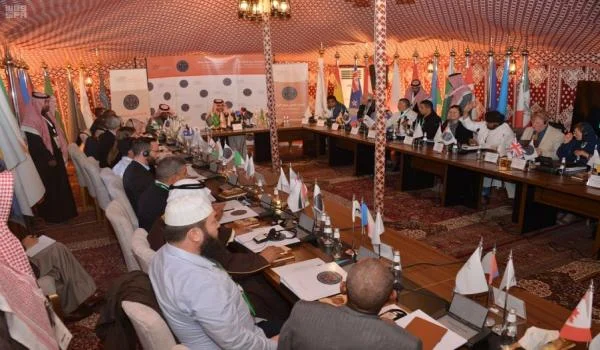Camel Research Center at the University of Khartoum

The Camel Research Center at the University of Khartoum is a research institution established under the auspices of the College of Veterinary Medicine. Since the founding of the college in 1938, faculty members have been developing and implementing specialized research plans concerning Sudanese camels. During the 1970s and 1980s, numerous research studies were published, contributing to the global knowledge base about camels. Based on these results, a specialized camel research unit was established in 1982. A research station was set up in Shawk, in the state of Al-Qadarif, in 1989 to support research activities. In 1995, this unit was developed into an independent research center.
The center provides support to researchers from various universities and ministries. It offers consultancy and training services in the field of camel husbandry. It also encourages scientific collaboration with international researchers interested in Sudanese camels.
The center’s mission is to focus on camel science research and support breeders to increase camel productivity and enhance the Sudanese economy. The center is equipped with a camel farm and research laboratories to support researchers. Its goals include developing research in various camel-related areas, formulating strategies for sector development, collaborating with local and international organizations, and improving the genetic lineage and production of camels.
The center is furnished with an advanced laboratory equipped with modern equipment that aids researchers in conducting their research projects. Additionally, the center benefits from the laboratories of the faculties of Veterinary Medicine, Animal Production, and Agriculture at the University of Khartoum, as well as the services of the central laboratory at the Shambat Complex.
The center is composed of the Dean of the College of Veterinary Medicine and members from various specialties. The scientific committee consists of the center’s director and faculty members from different departments. The center includes laboratories, animal pens, and two research stations, one in Shawk and another under construction in Kassala.





